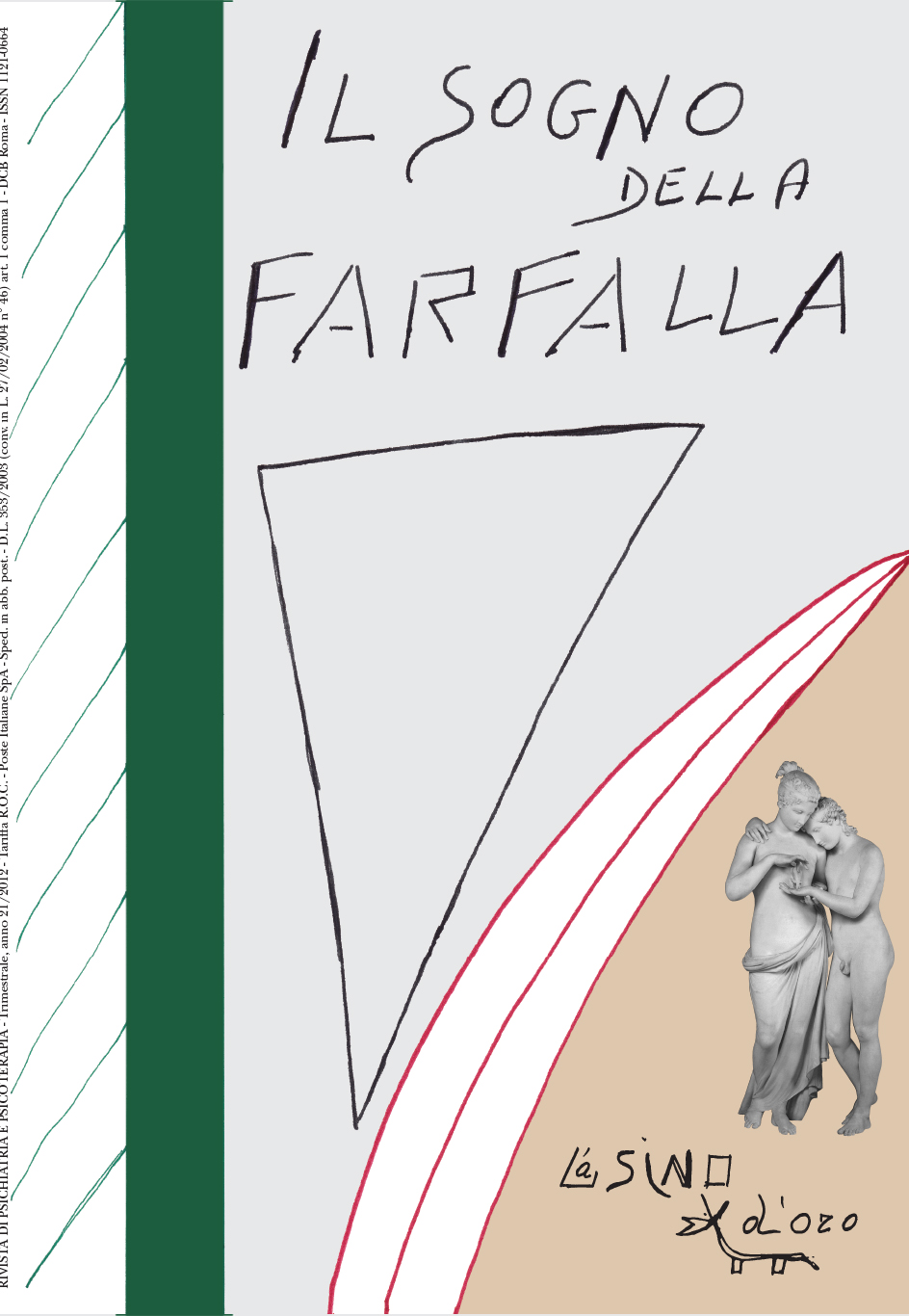Inquadramento storico dei concetti di fantasia e fantasticheria. L’originale definizione formulata in Istinto di morte e conoscenza
DOI:
https://doi.org/10.14663/sdf.v32i2.882Abstract
Massimo Fagioli’s first theoretical book, Death instinct and knowledge, opens with a quote from the Merchant of Venice by William Shakespeare. With this extract, Fagioli introduced a core question that relentlessly stimulated his ongoing psychiatric research: where does imagination come from? This question marked the beginning of a journey that, after spending many years studying intensely philosophy, psychoanalysis, and general culture, culminated with the publishing of his masterpiece that contained his unprecedented discoveries on the unconscious fantasy. By analyzing the theoretical references mentioned by Fagioli in his first volume, the authors of this paper further investigate the historical context in which he carried out his research, which already seemed to drastically differ from his contemporaries’ contributions. Through a brief examination of the philosophical and psychoanalytic literature on the subject, this article aims to recognize the absolute originality of Fagioli’s definition of fantasy and his further elaboration of the different concept of reverie. Highlighting, among other things, the crucial impact that this discovery has had in the clinical and psychotherapeutic practice over the last five decades.


